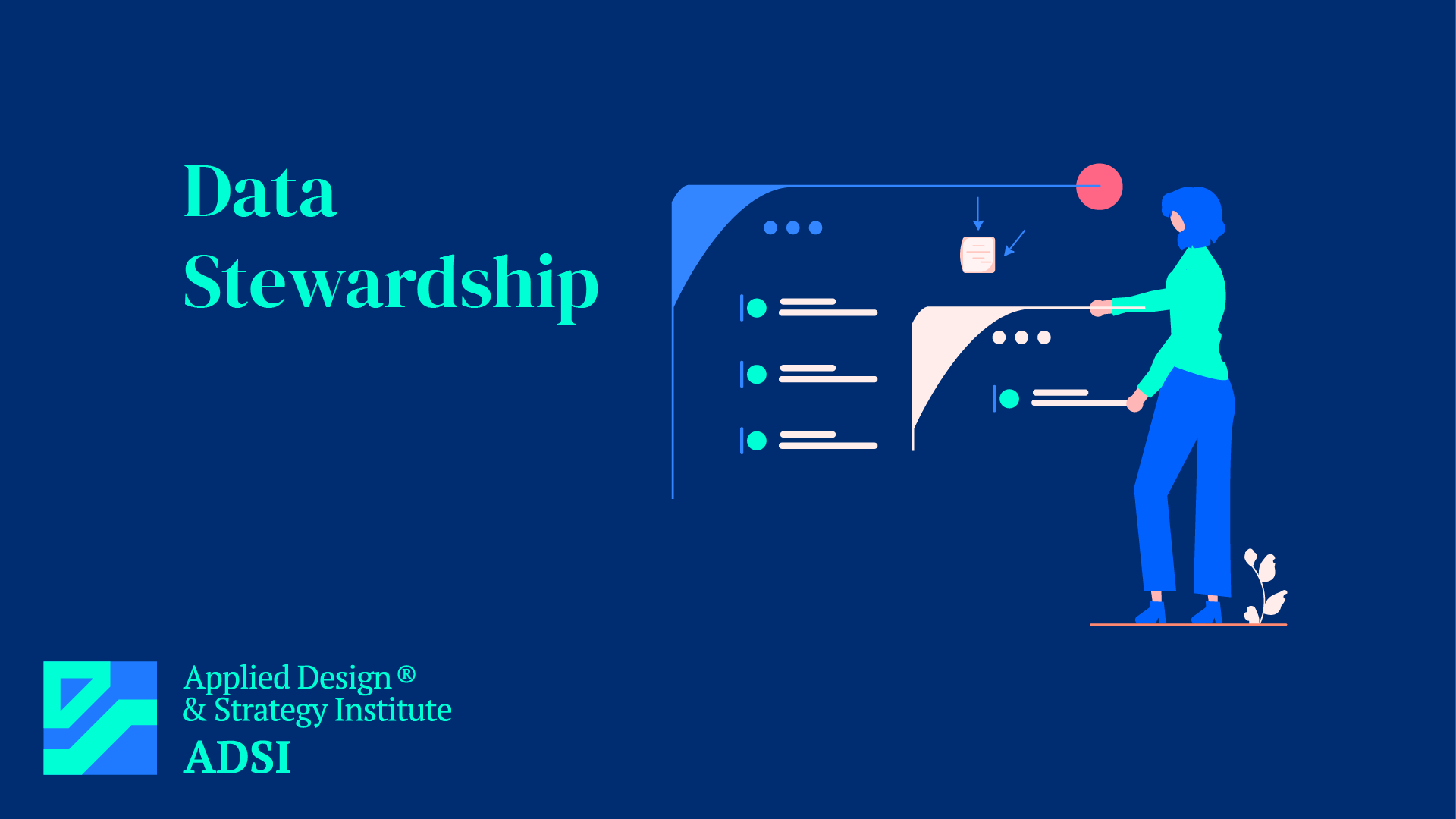Data Stewardship
Data Stewardship: The Art of Managing and Protecting Data Assets
Introduction
Data Stewardship refers to the responsibility of overseeing an organization’s data assets to ensure they are effectively managed and used. This role involves ensuring data quality, privacy, security, and compliance with relevant regulations. It’s a critical function in today’s data-centric world where data is a key business asset.
Roles and Responsibilities of Data Stewards
- Data Quality Management: Ensuring the accuracy, completeness, and reliability of data.
- Data Policy Implementation: Enforcing data governance policies and standards.
- Data Privacy and Compliance: Ensuring compliance with data protection laws and regulations.
- Data Lifecycle Management: Overseeing the creation, use, storage, and deletion of data.
Importance of Data Stewardship
- Enhanced Decision-Making: Good data stewardship ensures that high-quality data is available for decision-making.
- Risk Mitigation: Reduces risks related to data breaches, non-compliance, and poor data quality.
- Operational Efficiency: Improves efficiency by maintaining well-organized and accessible data.
- Building Trust: Ensures stakeholders trust the organization’s data management practices.
Implementing Effective Data Stewardship
- Defining Roles and Responsibilities: Clearly defining the role of data stewards within the organization.
- Training and Development: Providing data stewards with the necessary training and resources.
- Collaboration Across Departments: Ensuring data stewards work closely with IT, legal, and business teams.
- Leveraging Technology: Utilizing data management tools and software to assist in stewardship tasks.
Challenges in Data Stewardship
- Balancing Access and Security: Managing the trade-off between data accessibility and security.
- Rapid Technological Change: Keeping up with the fast pace of changes in data technology and regulations.
- Organizational Silos: Overcoming barriers in communication and collaboration across departments.
The Future of Data Stewardship
The future of data stewardship will likely involve greater integration with emerging technologies like AI and machine learning, which can assist in managing and analyzing large volumes of data more efficiently.
Conclusion
Data Stewardship is a vital function in modern organizations, ensuring that data is managed as a valuable resource. Effective data stewardship is key to maintaining high-quality data, ensuring compliance, and supporting business objectives. As data continues to grow in volume and importance, the role of data stewards becomes increasingly critical in guiding the ethical and effective use of this essential asset.



Leave a Reply